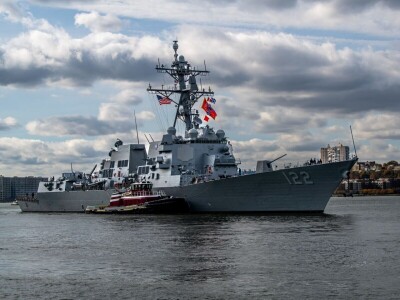Often, the reach of admiralty law affects civil disputes. This includes cases that involve vessel collisions, seamen’s personal injury claims, and disputes relating to shipping and carriage contracts.
From time to time, however, events arise that spill over into the realm of criminal law. Criminal acts are generally governed by state law or “shore-side” federal statutes. But misconduct in vessel operations can also constitute a maritime criminal offense and result in federal prosecution in the courts’ exclusive admiralty jurisdiction.
Such was the case in United States v. Echevarria, which stemmed from a federal involuntary manslaughter indictment for the reckless operation of a powerboat off the coast of the Bahamas that resulted in the deaths of two people. The 2020 boating accident occurred when the defendant’s boat struck a charted high-tide elevation marker while traveling at a high rate of speed. The vessel was heavily damaged, and its occupants were ejected. The U.S. Attorney’s Office for the Southern District of Florida, in coordination with the Coast Guard, pursued charges against the vessel operator for failing to maintain a proper lookout and proceeding at an unsafe speed.
The legal authority for these charges is published under Rules 5 and 6 of the International Regulations for Prevention of Collisions at Sea, the companion rules to the domestic Inland Rules of the Road. Both mandate the operating requirements for vessels on navigable waters. The location of the accident and nature of the underlying activity allowed the matter to be tried within the court’s special admiralty jurisdiction.
The defendant driver opted for a guilty plea in lieu of contesting the issues at trial, which precluded litigation of other questions in the case, including whether the operator was impaired by alcohol at the time of the crash. He was sentenced to three years and eight months in prison pursuant to federal sentencing guidelines.
This case serves as a reminder that mariners face the risk of criminal prosecution and jail time, separate and apart from civil liability, when the unsafe operation of a vessel results in death.





